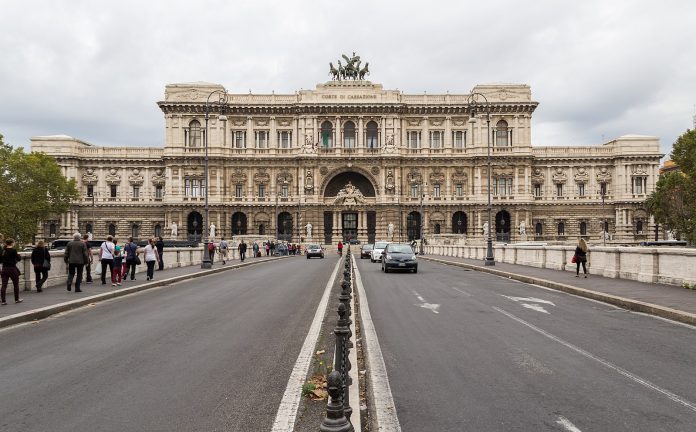by InTrieste
Italy’s controversial plan to repatriate migrants to Albania encountered another setback on Monday, as a Sicilian court ruled that Egypt cannot be considered a “safe” country, casting further doubt on the government’s recent push to expedite migrant returns.
The tribunal in Catania refused to authorize the detention of an Egyptian asylum seeker, effectively challenging the government’s updated list of “safe” countries to which migrants can be returned. Citing concerns about human rights violations, the Catania judges argued that Egypt fails to meet the standards required to protect the rights of all citizens—a criterion established by the European Court of Justice.
Under the direction of Judge Massimo Escher, the court pointed to “serious human rights violations” in Egypt, highlighting abuses such as the death penalty, systematic police torture, and ongoing violence against women and minors. Escher specifically referenced “forced disappearances,” appearing to allude to the 2016 abduction and murder of Italian student Giulio Regeni in Cairo, a case that caused international outrage.
This ruling adds to a growing list of judicial rebukes against the policy, which Prime Minister Giorgia Meloni’s right-wing government has promoted as a cornerstone of its migration strategy. The policy involves the processing of migrants at newly established facilities in Albania, following a deal struck last year with Albanian Prime Minister Edi Rama. Meloni’s administration claims the move would streamline migrant handling and deter arrivals, but human rights advocates have expressed deep concerns over the plan’s implications.
Only last week, a Bologna court also contested Meloni’s “safe country” designation, which now covers 19 nations. Judges there questioned how an entire country could be deemed “safe” if there is documented evidence of persecution of minorities and other human rights abuses.
The Bologna court’s intervention followed an earlier ruling by a Rome court that rejected the detention of 12 migrants scheduled for processing in Albania. These individuals, from Egypt and Bangladesh, were found to be from countries not meeting Italy’s own criteria for “safe” status, prompting the Rome judges to order their immediate return to Italian territory. In response, the Meloni administration swiftly revised the law in an effort to circumvent similar rulings, drawing fierce criticism from rights organizations who argue the government is prioritizing political expediency over humanitarian standards.
This week’s ruling by the Catania court has only intensified the backlash. Deputy Prime Minister Matteo Salvini took to social media platform X, formerly known as Twitter, to voice frustration, writing: “Because of some communist judges who do not apply the laws, the unsafe country is now Italy. But we do not give up!”
For Meloni’s government, which has often clashed with the judiciary over migration, the recent court rulings pose a formidable obstacle to the implementation of its policies. Yet, with both national and international courts calling into question Italy’s criteria for migrant return, the policy’s future remains uncertain, as human rights advocates and European institutions continue to scrutinize its legality and ethical implications.





























